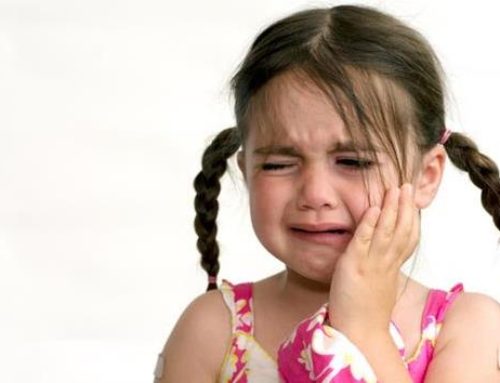Throughout history there is a known phenomenon called “Mean Girls.” Movies are made about it, school programs focus on it and many books are written on the topic. Nicole Landry, an author with a Master’s degree in criminology, researched aggression in females and published a book in 2008 about her findings entitled, “The Mean Girl Motive.” She notes that In the past girls were not included in research on aggression due to gender biases but their aggression can be expressed in ways other than getting physical.
Nicole Landry’s research found that young girls do not feel they have any “power” in society so they strive for popularity which equals power to them. Girls learn to use meanness, including humiliating and shunning other girls, to obtain their power and position within their peer group. Factors that related closely to a girl’s popularity are certain physical characteristics, such as long, straight hair and a thin body type as well as the ability to attract the attention of their male peers.
Research further showed popular girls were most likely to be mean while lower status girls were more likely to use niceness to improve their standing in the group. In our society, girls are constantly being scrutinized and feel pressure from other girls as well as adults, in terms of their looks and behavior.
Landry points out that meanness is not something girls are born with but instead she sees social aggression as one of the few tools available to girls to help them navigate their social world. Putting someone else down somehow makes girls feel more powerful and thus higher up on the popularity ladder. The girls who strive for popularity at the cost of other’s self esteem probably do not have much of it themselves. If we, as a society, can help these girls feel better about themselves for who they are, irregardless of how they compare to others, maybe it won’t be as important for them to put down others to have them feel better about themselves.
Important Notice: The information presented above is provided for educational purposes only and is not a substitute for consulting a psychologist or other mental health professional to discuss your unique situation.



Leave A Comment
You must be logged in to post a comment.